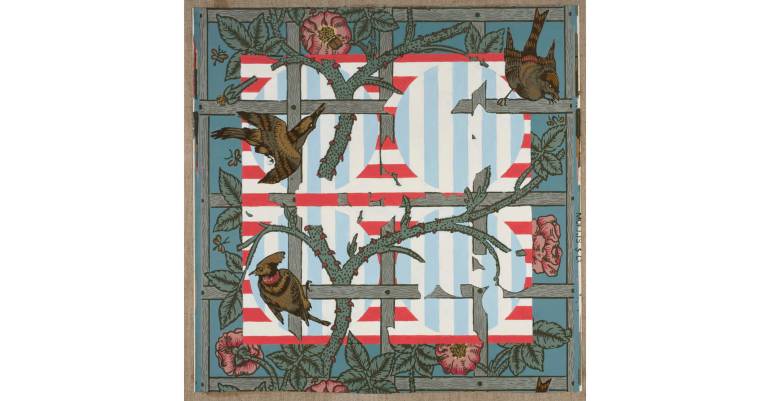Marxism in Culture: The Economy of Mass Graves
17 November 2023, 5:30 pm–7:30 pm

The Economy of Mass Graves: Defining Material Conditions of Remembrance - this paper will explore approaches to reframing Memory Studies from a materialist perspective, through the lens of the film, 'Parallel Mothers' (2021).
This event is free.
Event Information
Open to
- All | UCL staff | UCL students | UCL alumni
Availability
- Yes
Cost
- Free
Organiser
-
Institute of Advanced Studies
Location
-
IAS Common Ground, G11Ground floor, Wilkins buildingLondonWC1E 6BTUnited Kingdom
Pedro Almodovar film “Parallel Mothers” (2021) was treated by the mainstream media in Spain as a work of “Historical Memory.” As a backdrop to the intersecting stories of two babies exchanged at birth, Janis, played by Penélope Cruz, searches for her grandfather who was buried in a mass grave from the Spanish War in 1936. However, Almodóvar’s film stereotypically commodifies a story that began in 2000 with the exhumation of a mass grave in Priaranza del Bierzo. In official versions of memory activism in Spain, there is always an individual pursuing restitution through the recovery of the body of a murdered person, dispossessed of a Christian grave. But they are now also deprived of any political background that might have made them unionists, communists, anarchists, socialists, suffragettes, or continental freemasons. Today, they are just “victims,” and their agency in life has been reduced to an image of skeletal remains on the screen. How is it possible, then, that today we find ourselves confronted with the interpellation of family pain as the hegemonic leftist interpretation of memory in both the media and academia? In this story, there is neither a memory of the economy nor a memory analysed economically. Memory Studies emerged simultaneously with the decline of materialist theories and political economy in historical and cultural studies. This paper will explore approaches to reframing Memory Studies from a materialist perspective. Despite attempts to generate alternative genealogies and methodologies, materialism and political economy remained distinct from the study of cultural remembrance. This paper suggests several possible lines for future work on memory.
About the Speaker
Dr. Daniel Palacios González
Dr. Daniel Palacios González is an art historian and social researcher. He is a Margarita Salas Postdoctoral Fellow at Birkbeck, University of London, and he is a member of the research project NECROPOL at the Universitat de Barcelona. He got his PhD at the Universität zu Köln as MSCA Fellow after postgraduate studies at the Universidad de Oriente in Santiago de Cuba and the Univerzitet umetnosti in Belgrade. His book De fosas comunes a lugares de memoria (From mass graves to sites of memory), received the MSA First Book Award 2023 from the Memory Studies Association.
 Close
Close

